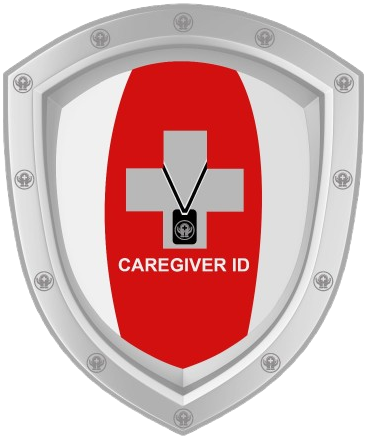CaregiverID Badge -compliant cards will have RFID technology on the middle portion of the card and other technologies to detect fraud. If the card does not have one of these markings, it is not CaregiverID Badge-compliant and is not accepted proof of identity in order to enter a patients home. CaregiverID Badge incorporates more and more technology into its practices, ID cards are no longer just a visual tool. Incorporating technology, such as Magnetic Stripes, QR Codes, Barcodes etc., into your ID cards provides the ID Cards with more functionality than ever.


